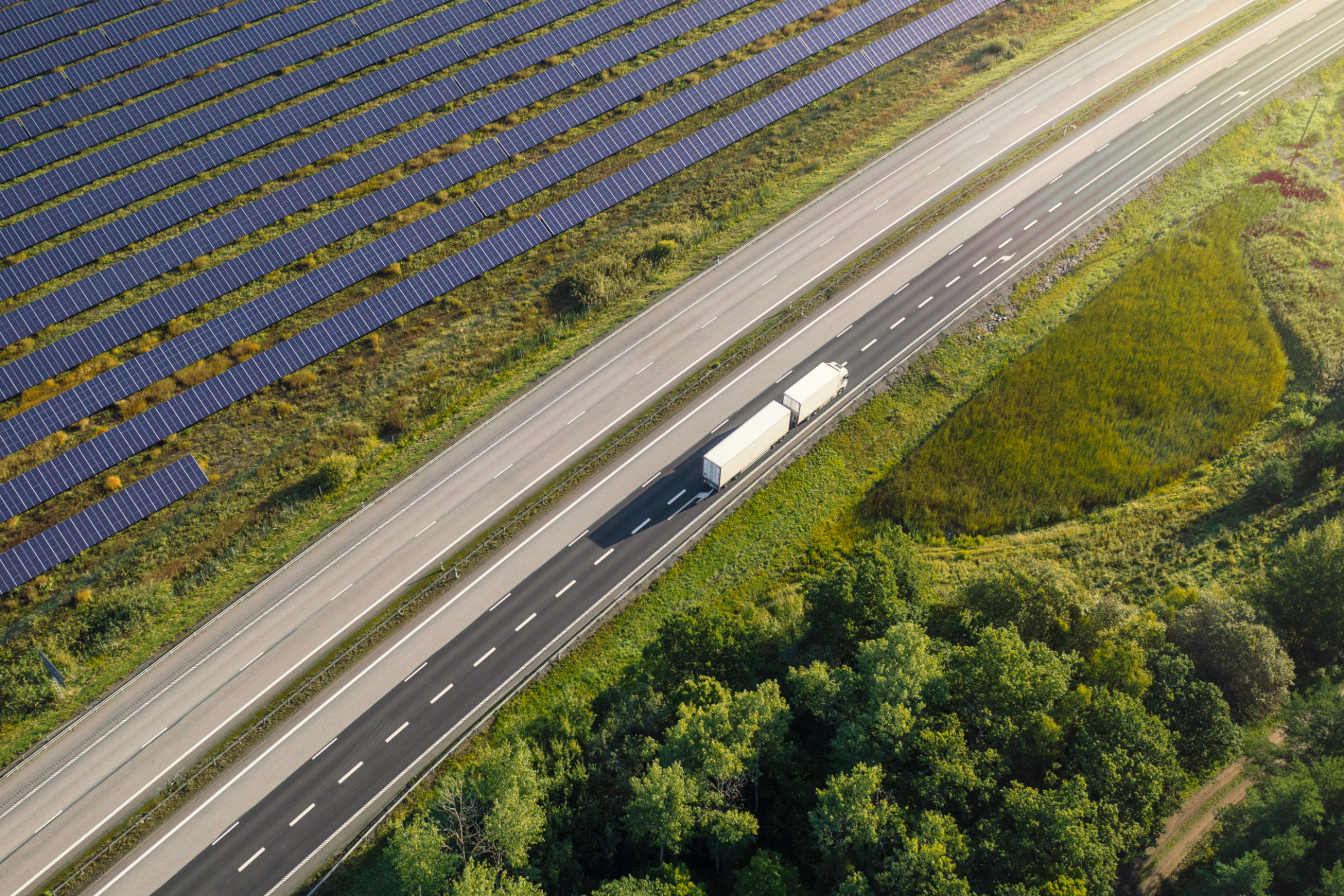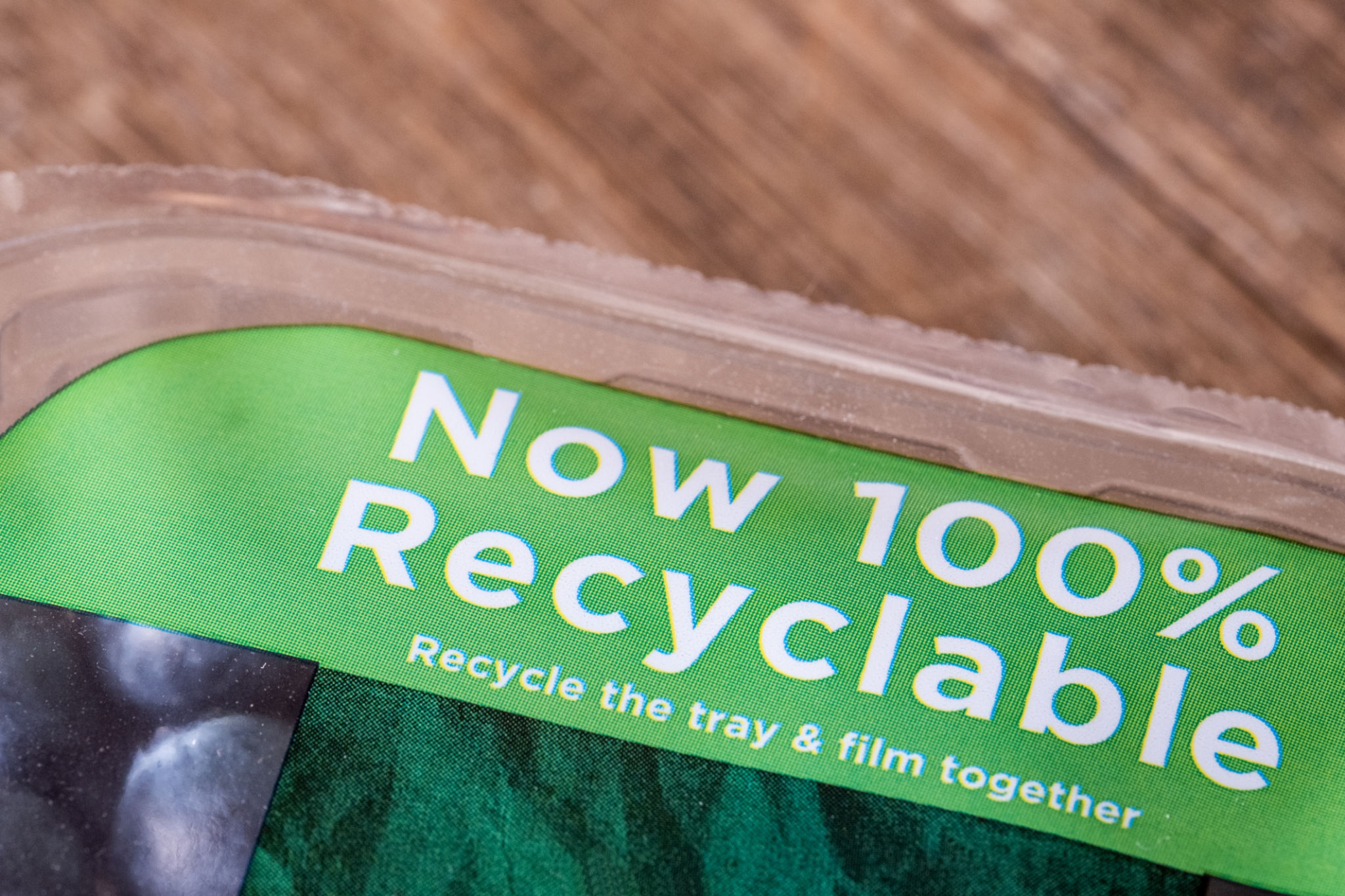Myth-Busting: Common Misconceptions About Eco-Friendly Logistics
Introduction
As businesses and consumers become more environmentally conscious, the demand for eco-friendly logistics continues to rise. However, this growing trend is accompanied by a slew of misconceptions. These myths often deter companies from adopting sustainable practices, under the false impression that eco-friendly logistics are impractical or ineffective. In this post, we aim to debunk some of the most common misconceptions surrounding eco-friendly logistics.

Myth 1: Eco-Friendly Logistics Are Too Expensive
One of the biggest myths about eco-friendly logistics is that they are prohibitively expensive. While it's true that initial investments might be higher, the long-term savings often outweigh these costs. Sustainable practices such as optimizing routes and utilizing energy-efficient vehicles can significantly reduce fuel consumption and maintenance expenses. Moreover, many governments offer incentives and tax breaks for companies that adopt green initiatives, making the transition more affordable.
Myth 2: Sustainable Practices Are Inefficient
Another common misconception is that implementing sustainable logistics leads to inefficiencies. On the contrary, eco-friendly logistics often involve cutting-edge technologies that enhance efficiency. For instance, using advanced software for route optimization not only reduces carbon emissions but also minimizes delivery times and costs. Additionally, sustainable packaging solutions can improve supply chain efficiency by reducing weight and volume, leading to fewer shipments.

Myth 3: Green Logistics Don't Make a Significant Impact
Some skeptics argue that individual efforts in sustainable logistics do not significantly impact the environment. However, every small step contributes to a larger movement toward sustainability. By adopting eco-friendly practices, companies can reduce their carbon footprint, lower greenhouse gas emissions, and conserve natural resources. As more businesses embrace these initiatives, the cumulative effect can lead to substantial environmental improvements.
Myth 4: Eco-Friendly Options Are Limited
Many believe that there are limited eco-friendly options available in logistics. In reality, the industry offers a wide array of sustainable solutions tailored to various needs. From electric vehicles and biodiesel fuels to biodegradable packaging and solar-powered warehouses, businesses have numerous options to choose from. Collaborating with suppliers who share a commitment to sustainability further expands these possibilities.

Conclusion
Dispelling these myths is crucial for encouraging more businesses to adopt eco-friendly logistics. By understanding that sustainable practices can be cost-effective, efficient, impactful, and diverse, companies can make informed decisions that benefit both their bottom line and the environment. As the industry continues to innovate, embracing these changes will be key to a more sustainable future.